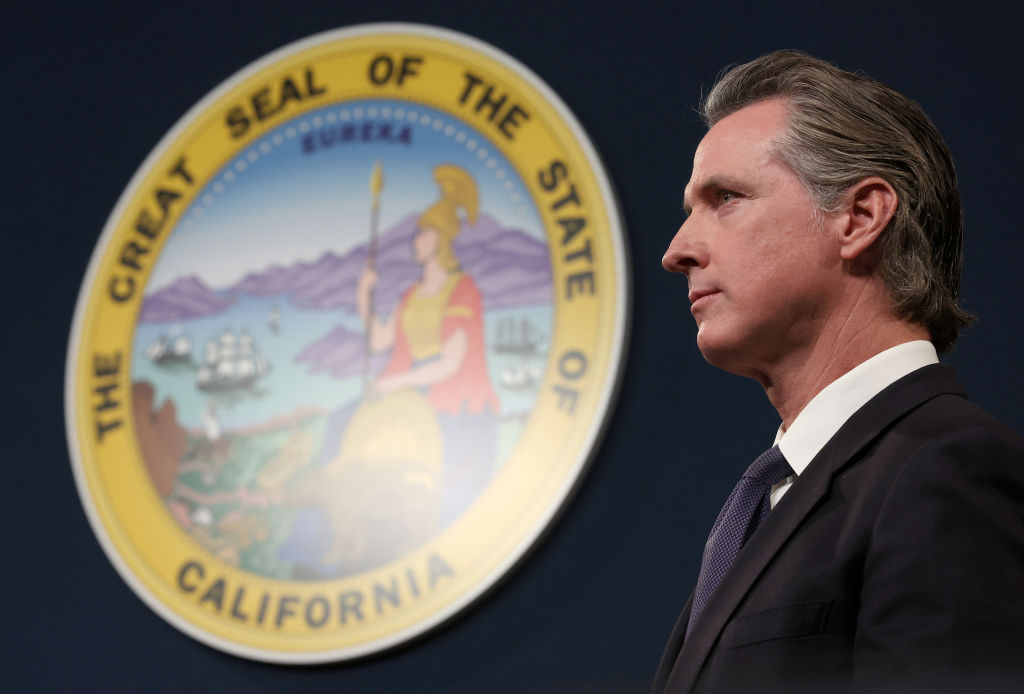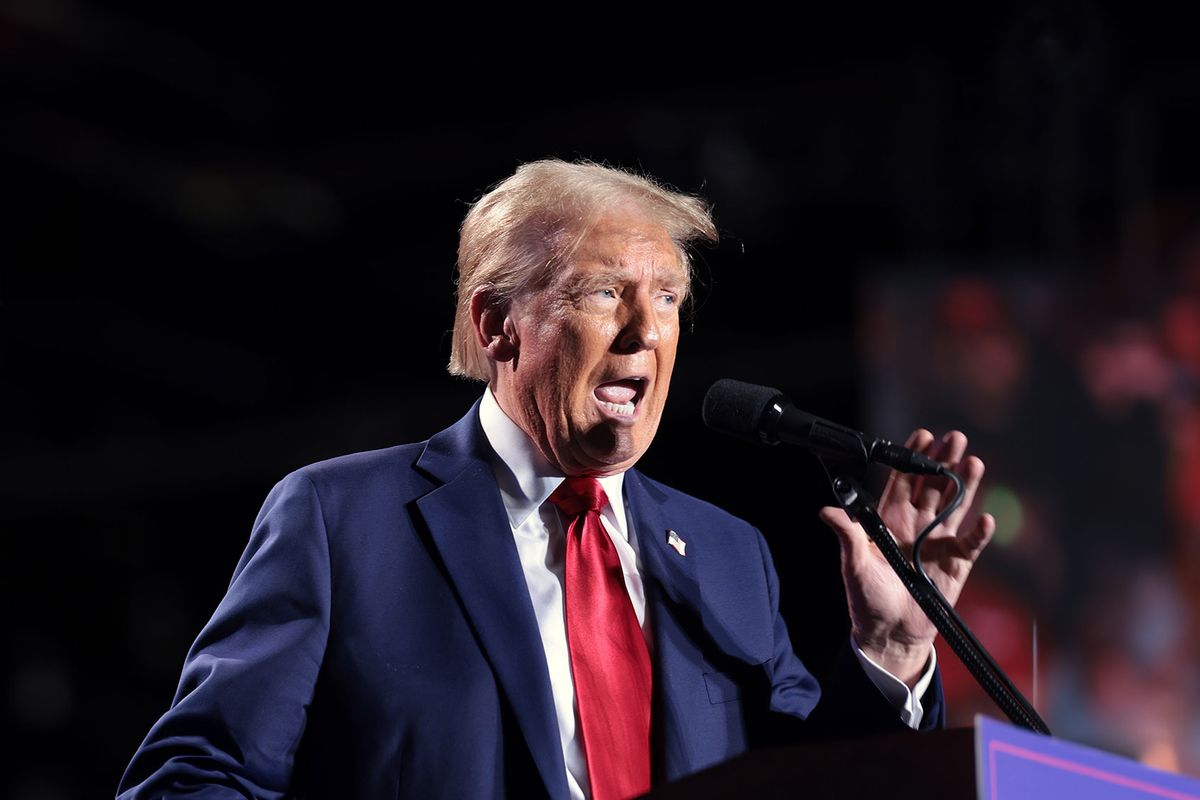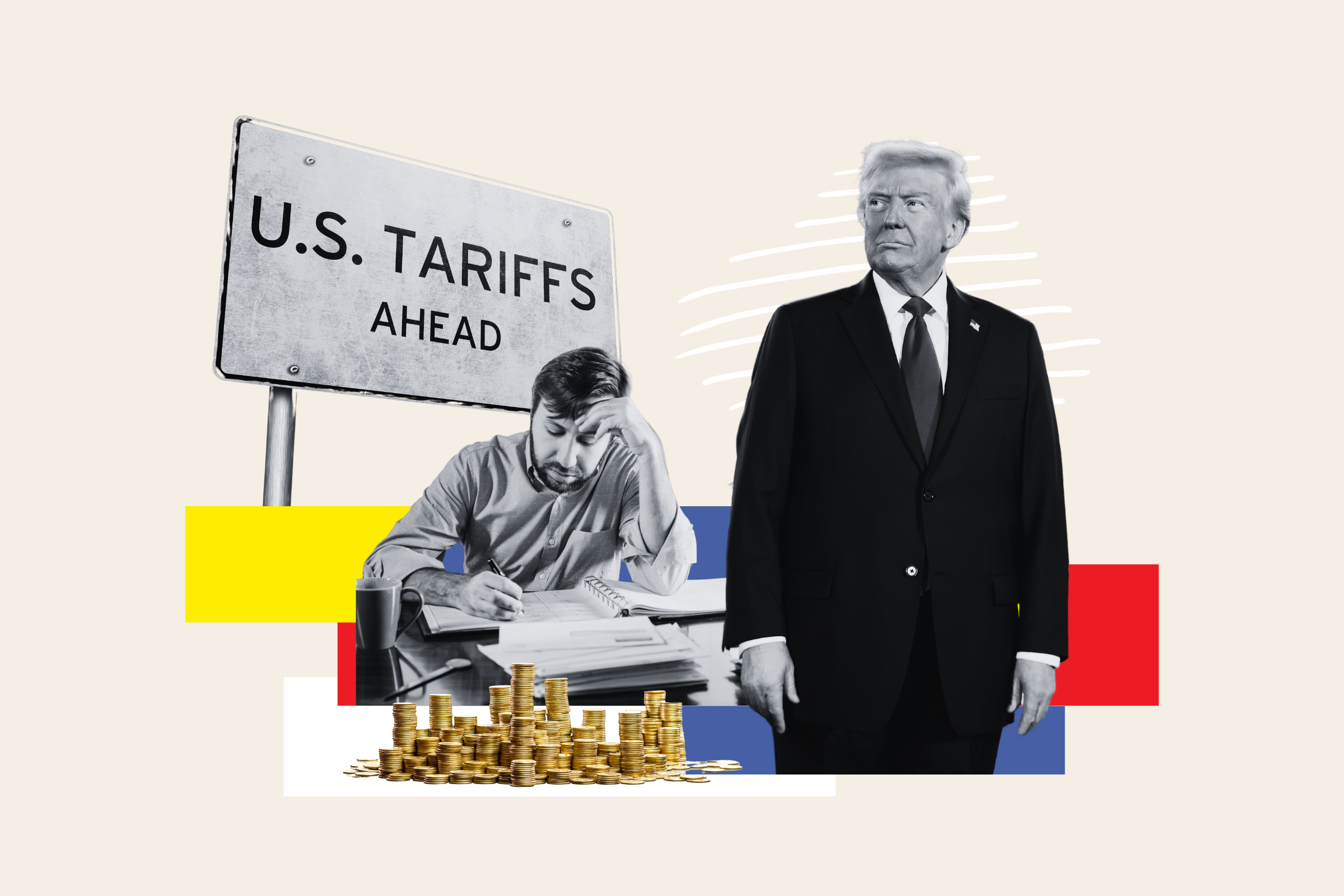Artist’s impression of the planned the Subic-Clark Railway Project The Philippines finally withdrew from an infrastructure funding deal with China worth 276 billion pesos ($4.9 billion) after Beijing failed to deliver loans under “competitive conditions.” Transportation undersecretary of the country’s transport ministry, Cesar Chavez, officially confirmed that the deal has been stopped earlier this week. New Philippine president Ferdinand Marcos Jr tore up the plans initially negotiated by his predecessor, Rodrigo Duterte, citing Beijing’s “failure to act on the funding requests,” and ordered to renegotiate the entire deal either with Beijing or look out for other…

The Philippines finally withdrew from an infrastructure funding deal with China worth 276 billion pesos ($4.9 billion) after Beijing failed to deliver loans under “competitive conditions.”
Transportation undersecretary of the country’s transport ministry, Cesar Chavez, officially confirmed that the deal has been stopped earlier this week.
New Philippine president Ferdinand Marcos Jr tore up the plans initially negotiated by his predecessor, Rodrigo Duterte, citing Beijing’s “failure to act on the funding requests,” and ordered to renegotiate the entire deal either with Beijing or look out for other potential partners, Chavez said.
Options include tapping private capital through a public private partnership or entering an agreement with other countries for development assistance, he added.
Japan offers lower interest rate
One candidate could be Japan, which is offering a lower interest rate for potential project loans than the Chinese who demand interest in excess of three per cent annually.
The initial agreement would have seen Chinese construction firms build the Subic-Clark Railway Project, the Philippine National Railways South Long-Haul Project and the Davao-Digos segment of the Mindanao Railway Project.
Part of the Belt and Road Initiative
Chinese president Xi Jinping negotiated the multi-billion-dollar deal with Duterte in a thinly veiled effort to quell South China Sea tensions. It was part of China’s multi-trillion-dollar Belt and Road Initiative to expand its global influence throughout the developing world.
In return, China hoped the Philippines would set aside its claims in the South China Sea. But Marcos has vowed to take a tougher stance on national sovereignty and to make the Philippine economy ”more independent.”





















Discussion about this post